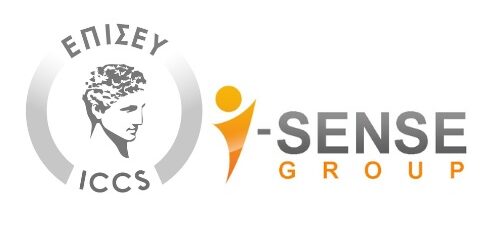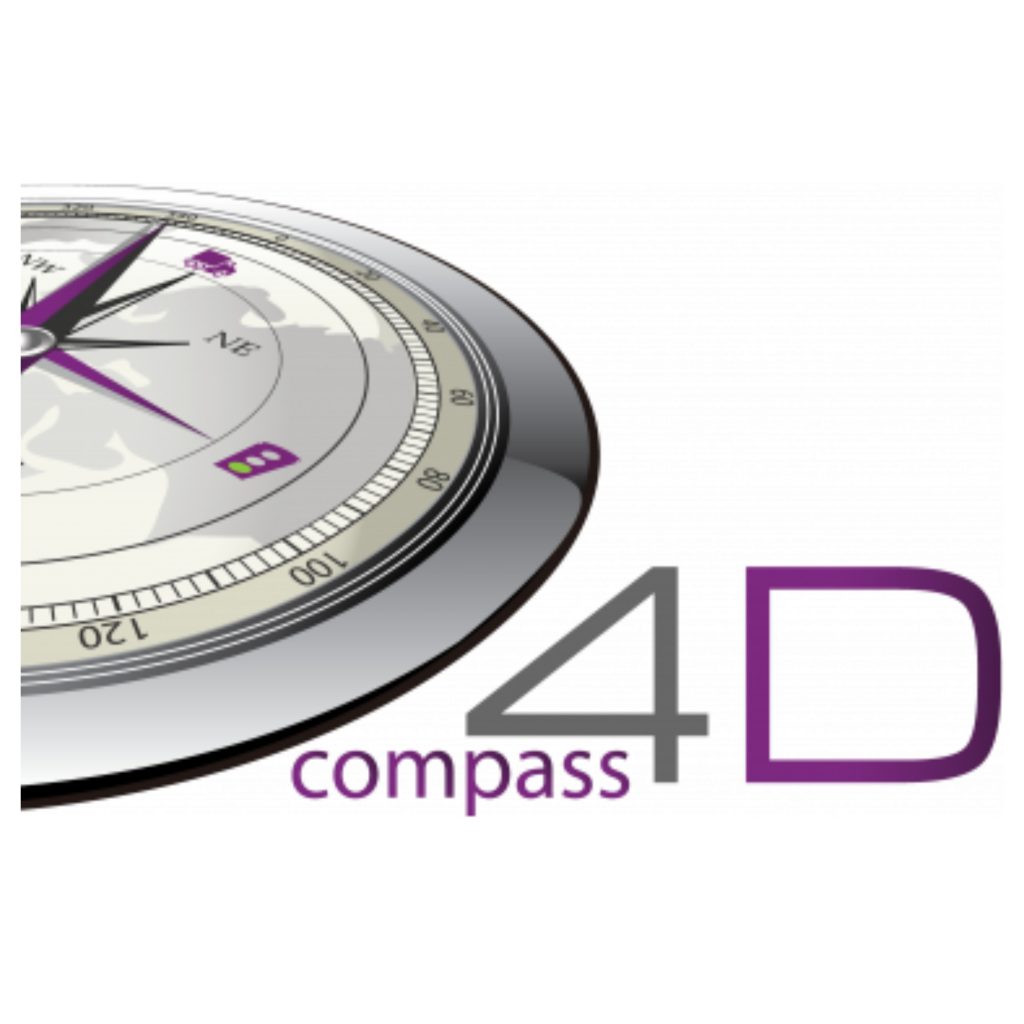Piloting Cooperative Services for Deployment
Seven European cities (Bordeaux, Copenhagen, Eindhoven-Helmond, Newcastle, Thessaloniki, Verona & Vigo) have joined forces with the objectives of substantially improving road safety, increasing energy efficiency and reducing level of congestions for road transport. In order to address these topics the cities and industrial partners will jointly implement three cooperative services, Forward Collision Warning, Red Light Violation Warning and Energy Efficient Intersection service. These services will be piloted over one year of real life driving. Each of the pilot sites contains all partners for successful after-project life, from public authority to infrastructure supplier and users. The user groups will include commercial users, such as bus, emergency vehicle, truck and taxi drivers, as well as private drivers. In total the consortium aims to pilot 344 cooperative vehicles with more than 550 users. In addition to proving the benefits, the project aims at identifying deployment opportunities, barriers and finding solutions for those. Therefore an important part of the work will focus on defining business models, cost benefit analysis and exploitation plans. Another aspect that is of crucial importance for deployment is the global harmonisation of services. Consortium partners plan to cooperate closely with their US, and Japanese associates; contributing to global harmonisation of these services. Links with US and Japan are already well established and function through Compass4D partners work in the EU-US Task Force. Standardisation cooperation with ETSI and CEN is already very strong and the certification framework, required for pan-European and global deployment of these services will be further developed. Through all of this Compass4D aims to be the tool for European cities, road operators, vehicle fleets and all other road transport stakeholders, to support them in navigating on their way to sustainable deployment of cooperative services.


